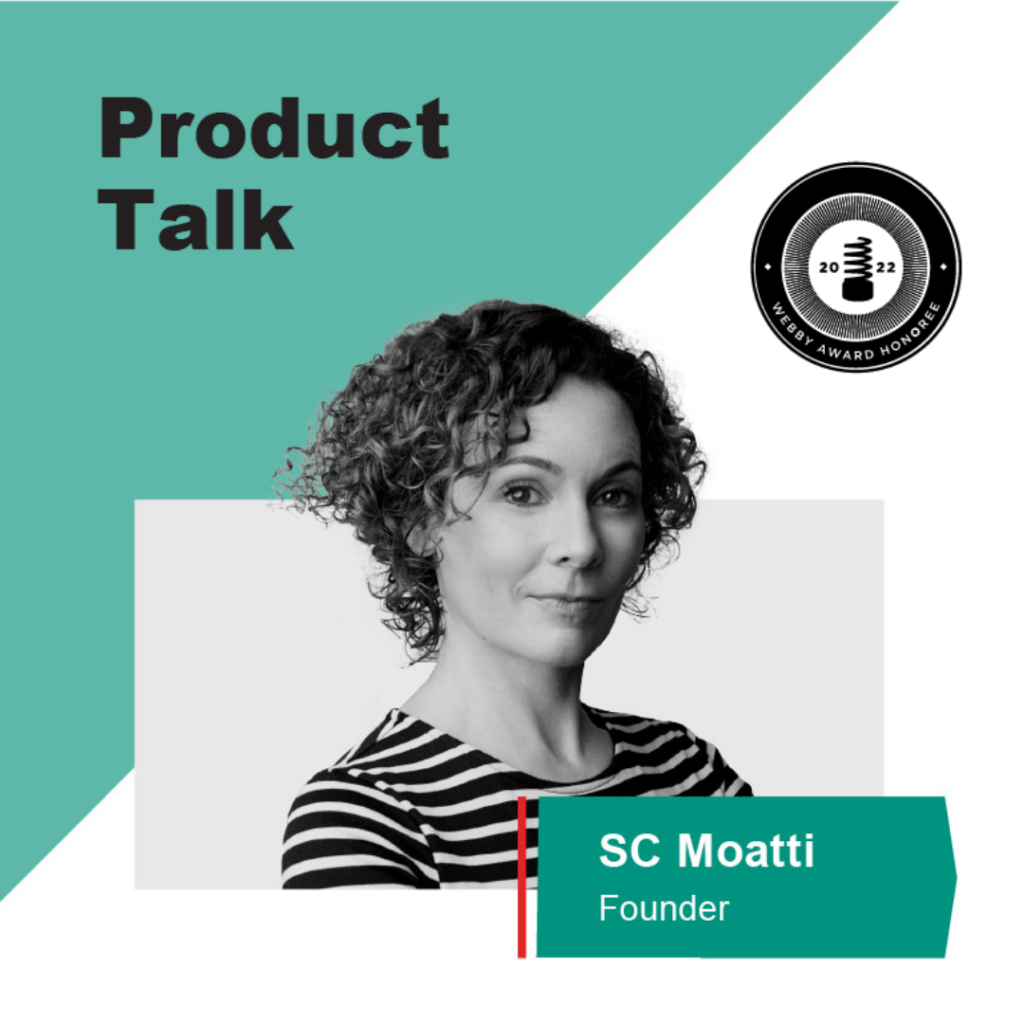How strong is your talent pipeline?
Here’s the ninth episode in the CPO Rising Series, in which Fidelity Investments Chief Product Officer Deba Sahoo talks about building and developing a strong talent pipeline. This means that even during a difficult transition like the digital transformation, the CPO has the right people to move the team forward.
Subscribe to the Product Talk podcast on Spotify and Apple Podcasts and never miss a single conversation with leading product executives. New episodes go live every week. Episodes in the CPO Rising Series drop on Fridays.

On 5 ways the CPO sets up the team for success
Deba Sahoo says a CPO needs to set up his team for success. This starts with building a strong talent pipeline as well as removing any roadblocks for the team. For the most part, he focuses on five key areas. These are as follows.
“One category is talent, acquisition, and retention. We’re constantly hiring and growing. So I spend a lot of time in building my pipeline, doing a lot of different things to make sure that we are constantly attracting talent, both internally and externally, and retaining our people. So talent is a big focus.
“Second, setting strategy, because there are a lot of different priorities and complexity. So making sure that I work with my team. We collectively set strategy direction and adjust and evaluate that.
“Third, spending time with customers. Understanding and being part of customer research, customer feedback. Really being close to the customers as soon as possible, whether it’s internal or external, to make sure that we really have a pulse on them.
“Fourth, stakeholder management. A big part of my job is to have a relationship and manage relationships with not just customers, but our internal head of sales, and head of operations, and head of technology, and others to make sure that they are all updated. They’re part of the team. We’re constantly working together.
“And then obviously leadership and communication to my team, making sure that they get the message from top down. They’re very clear on our priorities. Making sure that we provide opportunities for learning, growth, and development of our people.”
On the digital transformation in financial services
For a traditional financial services firm like Fidelity, the digital transformation poses specific challenges. The need for a strong talent pipeline goes without saying. Beyond that is balancing legacy technologies with new offerings. And changing the culture to become product-led.
Deba says, “In the next decade, the world of financial services will become more digitized in one way or another. We have full organizational commitment to invest resources and time for the long haul.
“We are also in a very clear transformation mandate. …I think where we have opportunities or challenges is that as a large company, we have to be balancing short term value creation versus longer term transformation. That’s a continuous challenge that we work through internally. Of how we do things that are good for our existing business. But how do we invest for the long haul? That may not prove valuable or provide a lot of value in the near term. But we need to do that.
“Second, we obviously have a lot of legacy technologies and platforms. That is something that we’re investing in aggressively. But that does provide some challenges to how quickly we go. And we have to make choices on whether to invest in legacy or invest in building towards the future. But then there’s some timing constraints around that.
“And the third thing I will say, the digital economy in the coming decade will be led by product. It will be a product-led transformation for our culture. I fundamentally believe that. I think it’s very clear. We need to work through the challenges of changing our culture to be like that. And that’s a thing that we face day to day, how to move towards a more product-led culture, in a large, traditional financial services firm.”
On why investing in a culture of learning and development builds a strong talent pipeline
When going through the digital transformation, what about talent considerations? How can product leaders build a strong talent pipeline and evolve skill sets to increase retention on the current team?
“I’m a very big fan of investing in a culture of learning and development. And making sure that we are building out the right infrastructure and support for growth and development. That keeps them happy, keeps them challenged, but also makes them more effective in the role to help them grow effectively.
“We have a concept called Learning Day. Every two weeks, we have one day where people don’t do any actual production work. That day is fully dedicated for them to spend time learning.
“We also use learning curriculums to really invest in product-led culture and product management as a discipline. We take our high performers and put them in different programs. We’re investing a lot in learning, growth, and mentoring.
“And third, the people who are already here are our best brand ambassadors. So people who will join, they first talk to my direct reports or other team members. I want to make sure that when they’re talking with them, they’re getting very positive vibes from, hey, this is a really good team.
“All those things work together to create that constant of a team where people want to come and work. We are always able to hire. I have not had issues in attracting product talent. We have really strong product talent. My pipeline is very, very strong. People are kind of waiting to get the opportunity. And a big part of that is what I just said: investing in their growth, their careers, their learning, and development. They truly appreciate that. And I think that also manifests in business value or customer value.”